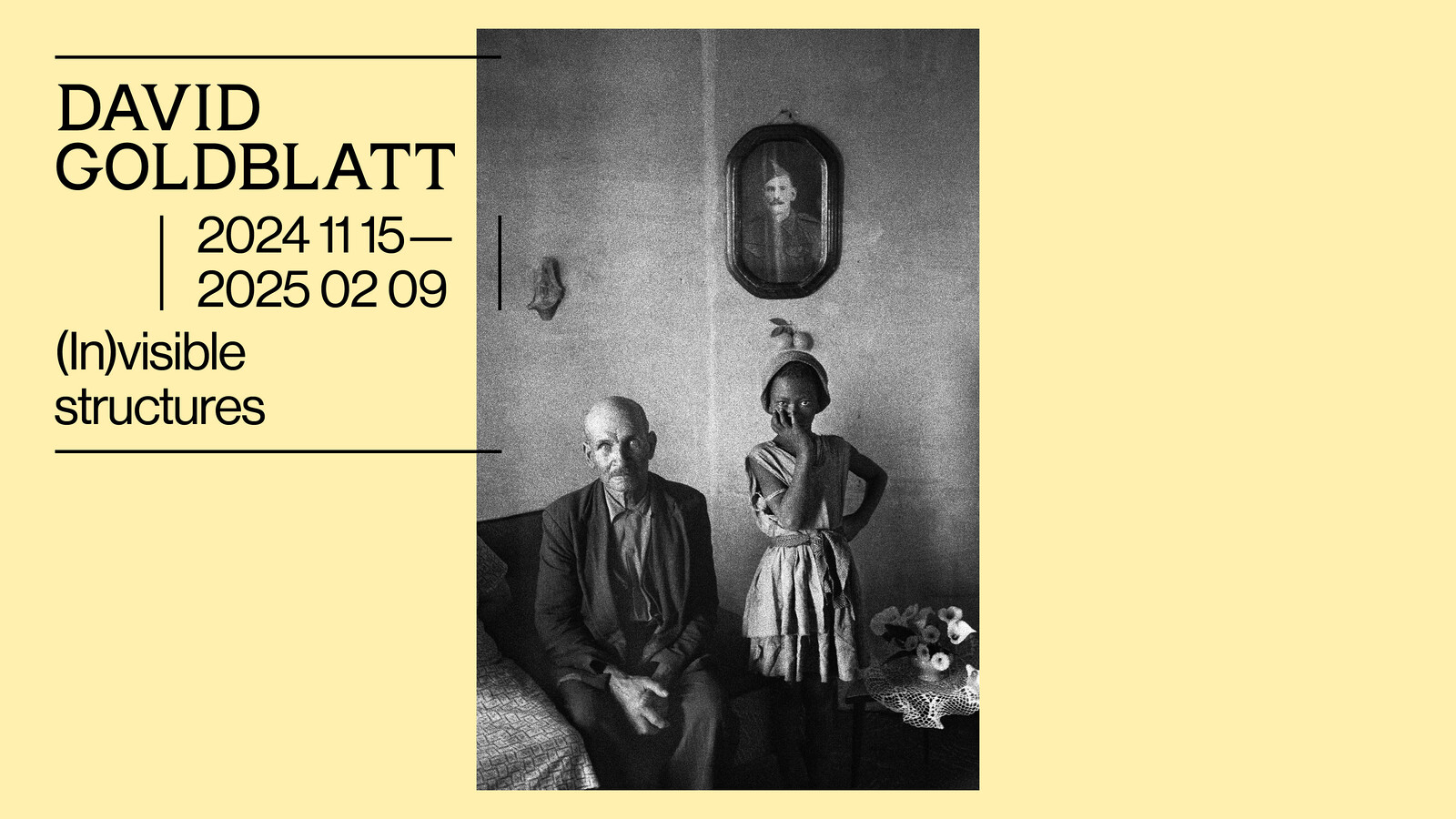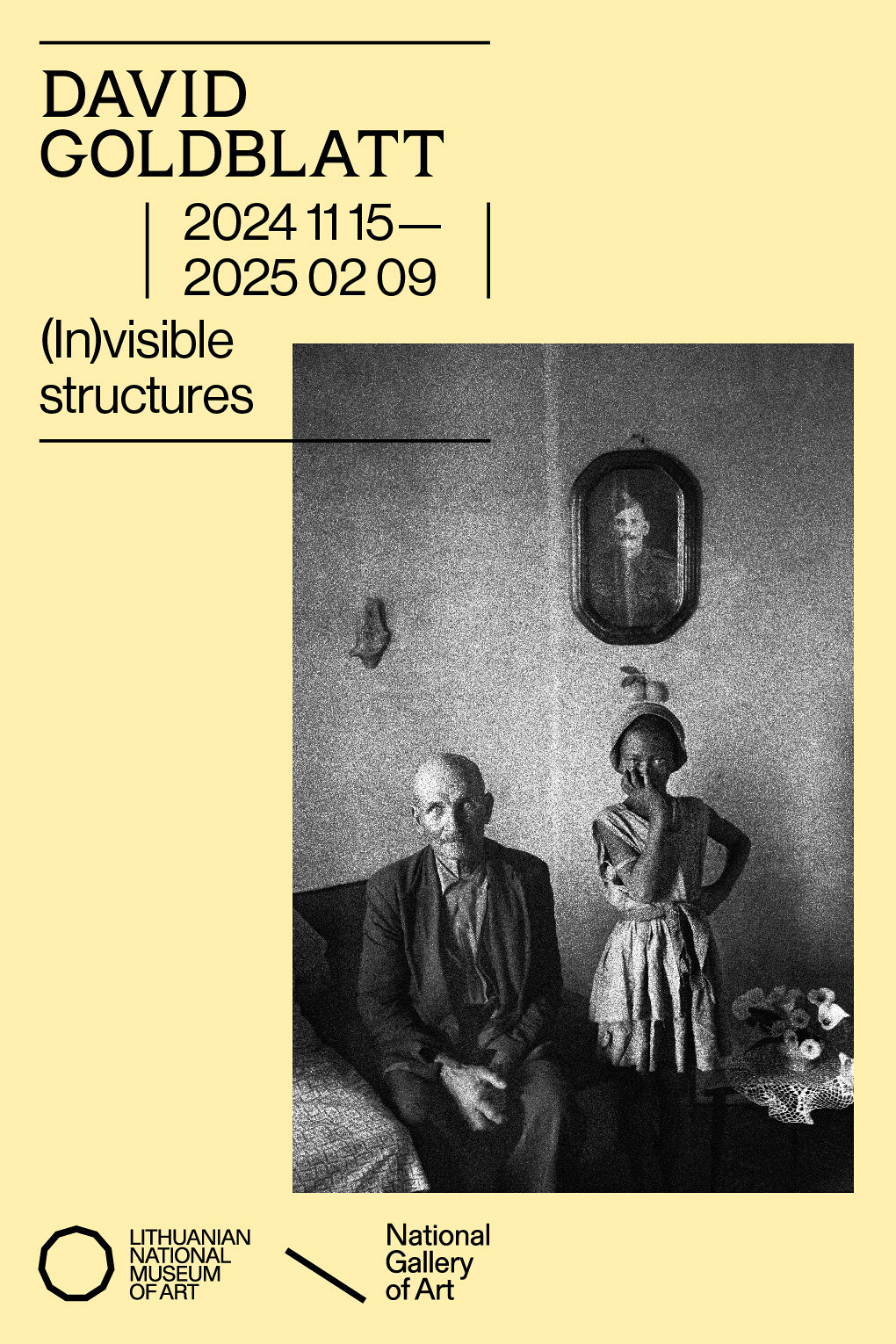Exhibition programme
June–December 2014
Apocryphal Colony: Images of Coloniality in Spain
Carolee Schneeman: History Works
Concha Jerez: Interferences in Media
MUSAC, Museo de Arte Contemporáneo de Castilla y León
Avda. Reyes Leoneses
24 León
Spain
T +34 987 090000
Apocryphal Colony. Images of Coloniality in Spain
21 June 2014–6 January 2015
Curator: Juan Guardiola
See complete list of artists
With the collaboration of Museo de León
Apocryphal Colony. Images of Coloniality in Spain is a group exhibition inviting us to examine, analyse and rethink the different images that Hispanic (post)colonialism has generated from the 15th century to the present, featuring over 350 works by 120 Spanish and international artists, both contemporary and historical. The exhibition questions the visual meaning of images, and reflects, specifically, on how colonial images are constructed, disseminated and interpreted. Colonialism, in simple terms, is a political, economic and cultural system designed to enable one territory to profit from another. Even if the occupation is purely military at first, the exploitation extends to many other spheres as time goes by. In other words, colonialism uses social sciences such as history, scientific disciplines such as anthropology, religious dogmas such as the gospel, or even artistic styles such as orientalism, to legitimise its discourse of domination. Starting from these concepts, Apocryphal Colony is presented as a space for rethinking the processes and cultural practices of the Hispanic colonial imaginary in the symbolic space of territory.
The works and documents that make up the show present a broad reading of the theories and exhibition discourses that developed in the field of cultural studies from the 1980s onwards and that are grouped under the concept of Postcolonial Critique. In the field of art history and theory, the basic idea of a modernity created, occupied and monopolised by the West has ceased to operate. The appearance on the contemporary art scene of theoretical positions that argue for alterity, difference, otherness or subalternity has acquired a certain prominence, underpinned by the theories of Multiculturalism and Postcolonialism. This is a new space of representation which has come to occupy the place made available by the end of the Western cultural monopoly in the field of visual arts.
Carolee Schneemann. History Works
19 July–7 December
Curator: Annabelle Ténèze
Jointly organized by Musée départemental d’art contemporain de Rochechouart (France) and MUSAC, Museo de Arte Contemporáneo de Castilla y León (Spain)
Belonging to a first generation of female artists who militated for consideration of women’s art, Carolee Schneemann (b. 1939, Fox Chase, Pennsylvania, USA) also pioneered new video, film and performance practices, gaining a reputation for exploring issues around the human body and the place of women in society. The present exhibition, however, is the first to examine another aspect of her work, that of recording major events that have occurred in her lifetime and constantly reacting to history in the making. This can be traced from as far back as the liberating performances of Meat Joy (1964) or other 1960s pieces opposing war in Vietnam. They continue through to her stance on conflicts in Lebanon during the 1980s and more recently, her reactions to the 9/11 terrorist attacks in 2001 with pieces like Terminal Velocity, continue this trend. The exhibition features over 30 works, many being shown for the first time in Europe and is the first ever retrospective of Carolee Schneemann’s works in Spain. Her output is extremely varied, encompassing film, video, performances, drawing, collage, painting, photography and installations as she attempts to capture unfolding events, pursuing her quest with unflagging commitment and simultaneously constructing an updated version of the historical art genre.
Concha Jerez. Interferences in Media
19 July 2014–6 January 2015
Curator: Alicia Murría
Born in Las Palmas de Gran Canaria in 1941 and currently settled in Madrid, Concha Jerez is a unique figure in the Spanish art scene. She began her career in the mid-1970s and belongs to the first generation of conceptual artists in Spain, closely related to the Fluxus movement and the trailblazing group ZAJ.
Over the past 40 years, she has explored multiple fields of expression and different formal and technical registers (images in movement, printed and handwritten texts, words, sounds, silence, space, actions and performance, photographic images, installations and objects, as well as internet and radio art). A pioneer in the use of technological media, she does not hesitate to employ very simple materials that represent an ethical attitude towards consumerism and manages to combine the latest technologies with those that have fallen into disuse.
This exhibition offers a travel in time (from 1974 to 2014) through those works related to the media (mainly press and television), a recurrent topic for Concha Jerez that she has analysed from questioning and experimental perspectives, and one of the central themes that define her work.



